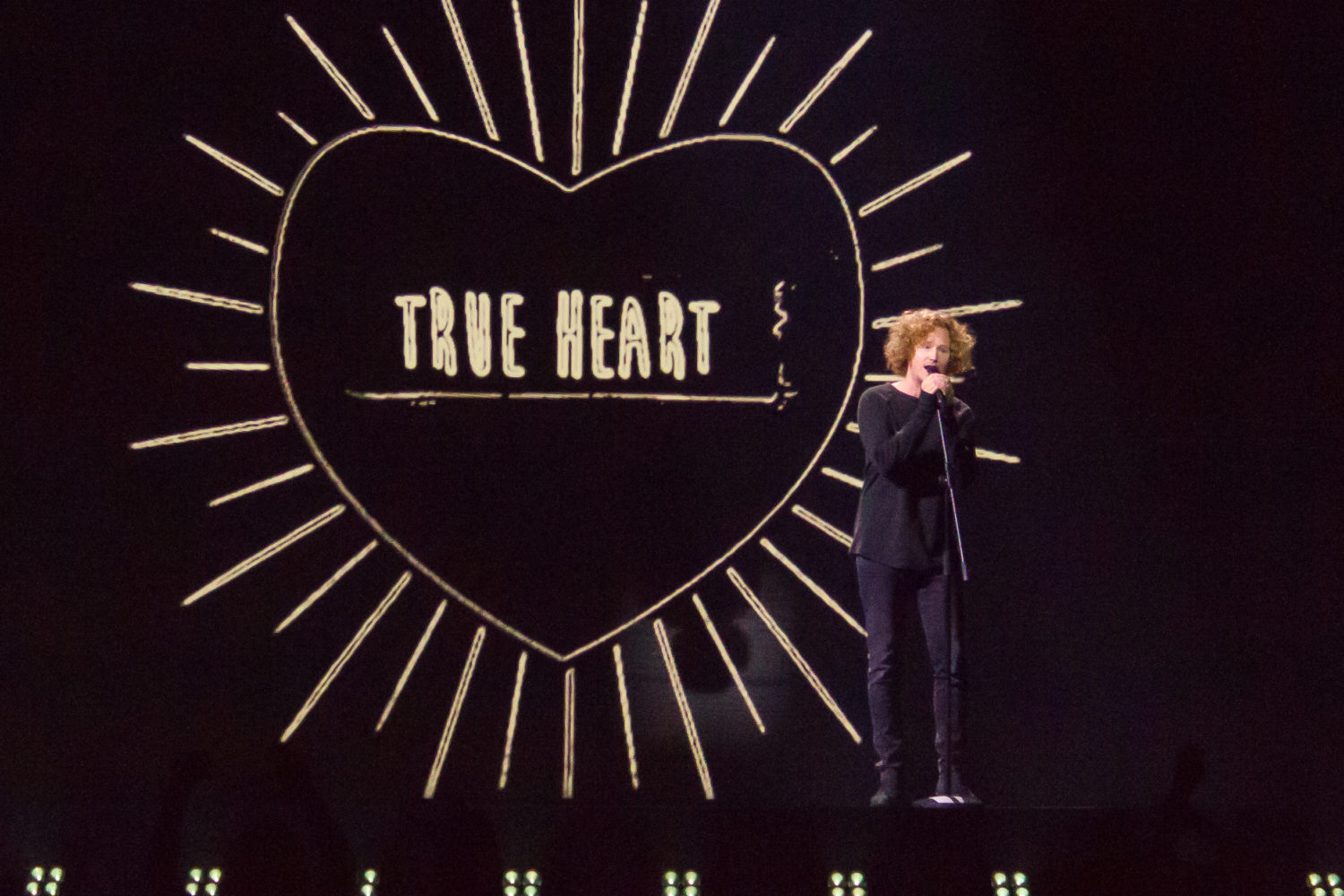This year’s German Eurovision act can be used to remind the younger generation, and it’s politicians, in Denmark, that their support for the Danish minority in Germany is still important. An expert thinks it is needed – and that Michael Schulte is the perfect ambassador for it.
In 1864, Denmark lost its southern part to Germany in a war. After the first World War, the north part of the lost area was re-united with Denmark in 1920. The south part was not, but the Danish politicians back then promised the minority who ended up being German, that they would not be forgotten by Denmark. The area receives financial support from Denmark in order to pay for, among others, 46 Danish schools, five libraries and several churches. Danish is still widely spoken in the area, though its citizens have German passports.
Michael Schulte, who represented Germany at the 2018 Eurovision Song Contest, is from that area. He went to a Danish school and speaks fluent Danish, though he later moved away from the arena. When he, in the Eurovision final, was introduced to the Danish TV viewers this story was told. Denmark awarded him and his song You Let Me Walk Alone with the maximum 12 points from both jury and televoting.
Communication adviser Kresten Schultz-Jørgensen talked to Grænseforeningen.dk (a public informative, non political organisation, which supports the Danish minority in the area and partly distributes the financial support received from Denmark). According to Kresten, Michael Schulte can be of high importance to the minority, as the younger generation in Denmark, including the politicians, are slowly forgetting these people.
You shall not be forgotten, so were the words in 1920, but today, I believe that the story of this minority is quite weak among the younger generation. The Danish minority needs a modern telling, and Michael Schulte is perfect for this. A young guy on a stage playing music, that’s something the young people can relate to. It’s exactly like that the minority should mark itself in the media.
Schultz-Jørgensen also adds that he is worried that the Danish minority in Germany is being forgotten by younger generations of Danes, and thereby also by younger politicians. The latter can be a threat to the economical support, which is foundation for the Danish institutions in the area.
In the video below, remind yourself of Michael Schulte’s Eurovision entry for Germany:
Germany’s surprising 4th place
Michael Schulte came 4th overall. Before the contest not many believed in such a great result for Germany. Great rehearsals however brought Germany down to 7th with the bookmakers. A touching performance impressed even more than predicted.
From the jury show Friday evening, four countries awarded You Let Me Walk Alone with their maximum of 12 points; Denmark, the Netherlands, Switzerland and Norway. In the Grand Final on Saturday, the TV viewers in Denmark and the Netherlands repeated this. With six further juries giving 10 points to Germany, a good result was secured.
In total the German entry received 204 points from the juries and 136 from the public voting. With their 4th place, the country scored their first top 5 result since Lena’s 2010 victory.
